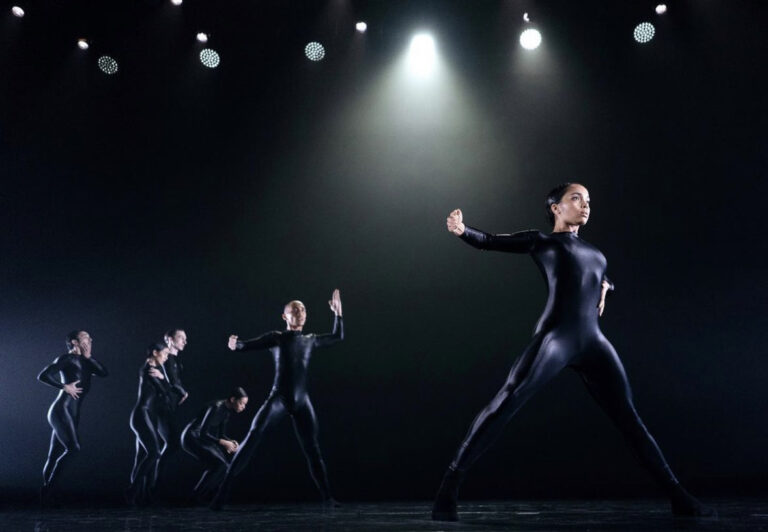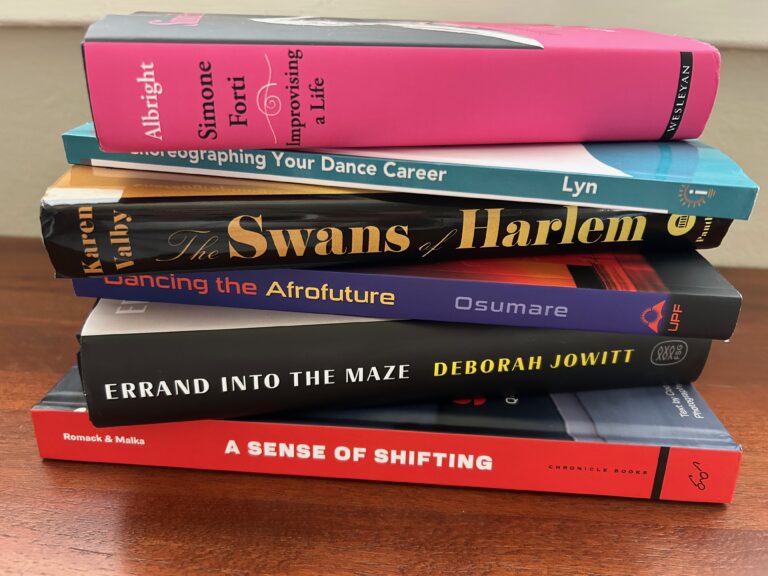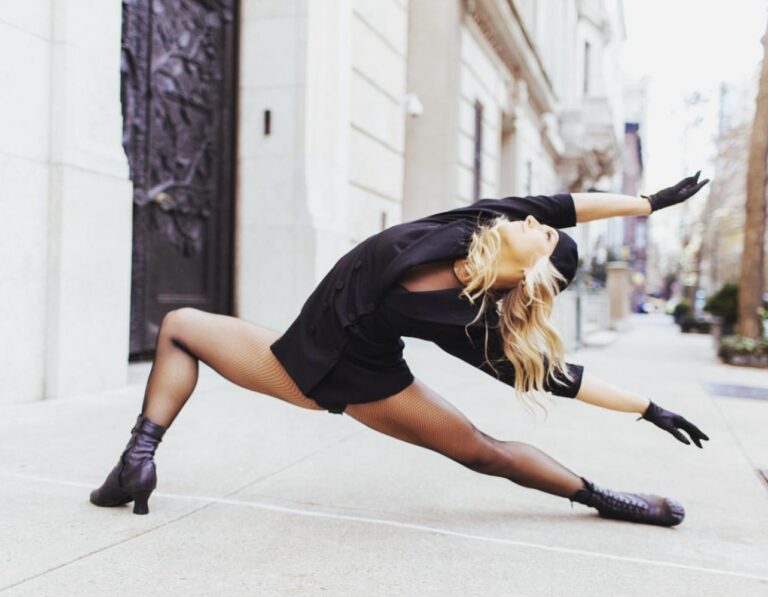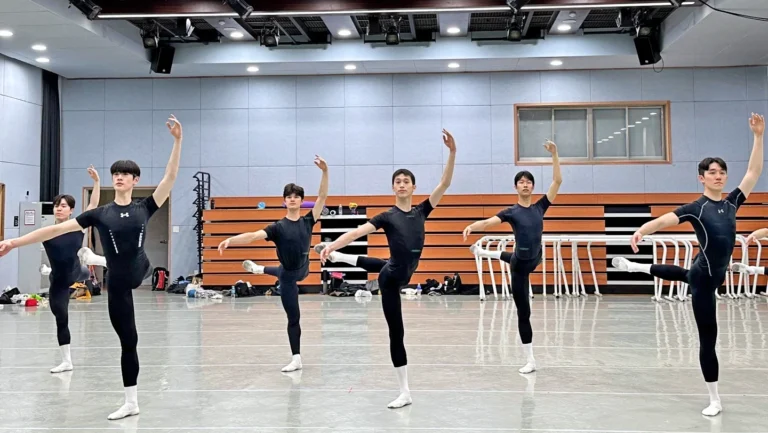Seen & Heard At the Dance Teacher Summit
Leeper led an invigorating class at the 2012 DT Summit
Dance Teacher Summit faculty member Ray Leeper gives all of his energy when he teaches, and he expects the same from students. The 25-year convention circuit veteran is known for drawing powerful, full-out performances from hundreds of dancers at once during his jazz classes at NUVO, JUMP and Tremaine Dance Conventions. Leeper gave us a preview of what to expect in class at next month’s Dance Teacher Summit.
Dance Teacher: How do you get dancers to really attack their movement?
Ray Leeper: To be a dynamic teacher, you have to be not only consistent but also very vocal. You have to be persistent about asking for what you want. And when you see dancers executing with more attack, offer positive feedback and then ask for more. It’s about using your voice when you teach, and getting underneath their heels and chasing them around the room! You watch coaches in gymnastics or football, and it’s the same thing in dance. You have to have a lot of energy. It’s required. And the payoff is worth it. Your students expect you to be consistent with them. It’s just like parenting.
DT: How do you change your approach to cater to dance educators?
RL: You teach a student how to execute, but I show teachers how to teach the choreography as well as to execute. We stop and examine things more closely, so we spend much more time on eight-counts than I normally would. It’s more about exact details than anything else. There’s more breaking down and explaining, so they can take what they learn back to the studio.
DT: How do you approach a student who’s having an off day?
RL: When you’re not getting what you want from a student, don’t take it personally. Not every student is going to feel like dancing every single day. And if that’s the case, we as teachers have to try to dig them out of that negative place, instead of blaming them or getting angry that they’re not as on as they usually are.
I’ll say, “Hey, are you having a bad day?” I just try to be honest with the student. And if he says it hasn’t been the best, I tell him, “Let’s just try to get through it. Tomorrow’s a new day.” And usually, once you acknowledge it, the student ends up doing well, anyway. The space just kind of opens up and it ends up being OK.
Being resistant to a dancer who walks into the room isn’t healthy. As an adult leader and educator, I have to figure out what I can do to motivate them, despite what is going on in their lives outside of class. —Andrea Marks
Photos courtesy of Break the Floor Productions




